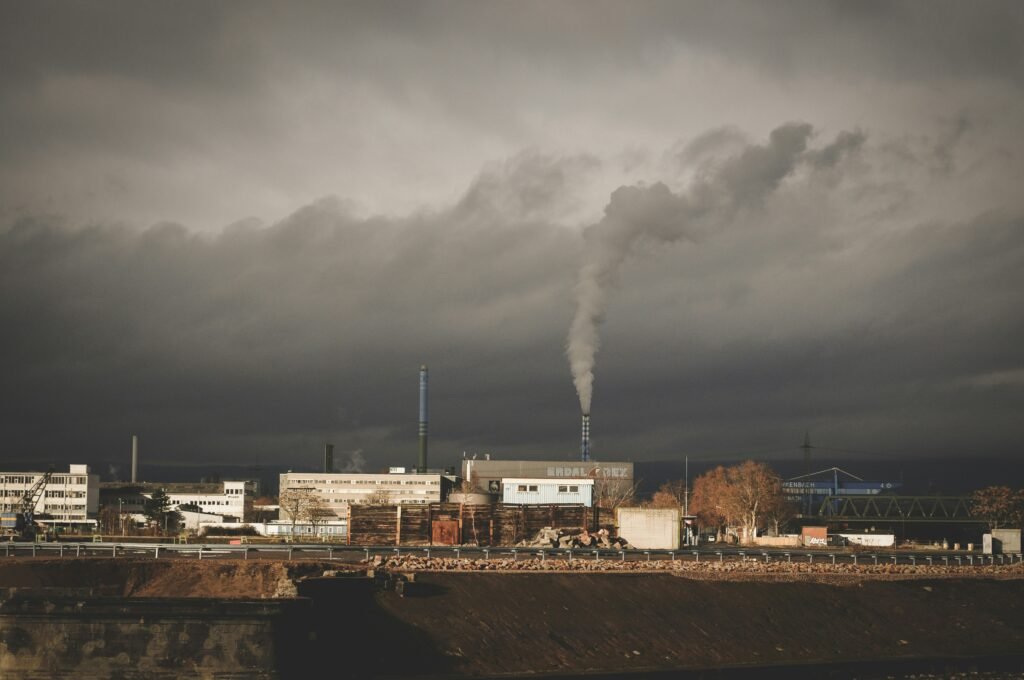Europe is embarking on an ambitious multi-year roadmap designed to restore its industrial competitiveness on the global stage. The European Union’s strategic initiative, dubbed the Clean Industrial Deal, aims to foster innovation while accelerating decarbonisation across key sectors — balancing economic growth with environmental responsibility. As implementation timelines continue to evolve, stakeholders from government to industry are closely watching how this plan could reshape Europe’s industrial future.
A Multi-Year Strategy to Boost Innovation and Decarbonisation
The Clean Industrial Deal, announced earlier this year, is a cornerstone of the European Union’s vision for sustainable industrial growth. It focuses on integrating cutting-edge technologies, renewable energy adoption, and stricter environmental standards into industries ranging from manufacturing to chemicals, automotive, and energy production. The goal is twofold: to boost productivity and competitiveness while drastically reducing carbon emissions in line with the EU’s Green Deal objectives.
Commissioner for Industry and Internal Market, Thierry Breton, highlighted the plan’s urgency: “Europe cannot afford to fall behind in global industrial innovation. This deal ensures we remain at the forefront of clean technologies while supporting jobs and growth.” Breton underscored the plan’s focus on digitalisation, circular economy models, and strengthening supply chains — key factors for future-proofing Europe’s industrial base.
Evolving Implementation Timelines Reflect Ambitious Scope
While the roadmap sets ambitious targets, implementation timelines remain dynamic as the EU negotiates regulatory frameworks, funding allocations, and sector-specific strategies. Initial deadlines aim for substantial progress by 2030, with interim milestones every two years to measure advancements in clean tech deployment and industrial modernization.
The European Parliament is expected to debate and refine the regulatory proposals throughout 2025, with coordinated efforts from member states to align national policies with the Clean Industrial Deal. Experts caution that delays could arise due to the complexity of balancing innovation incentives with stringent environmental regulations.
Sectoral Focus: Key Industries in Transformation
Automotive Industry: The transition to electric vehicles (EVs) is accelerating under the deal, with incentives for battery production and EV infrastructure. The EU aims to reduce reliance on imported components by boosting domestic supply chains, a critical move given recent disruptions in global trade.
Chemical Sector: Emphasis on green chemistry and circular production methods is expected to reshape the chemical industry, reducing hazardous waste and improving resource efficiency. New regulations will promote recycling and safer alternatives to toxic substances.
Manufacturing: Digitalisation and automation remain central, with investments targeting AI integration, robotics, and smart factory technologies. The goal is to increase output quality and reduce operational emissions simultaneously.
Energy Production: Transitioning away from fossil fuels remains a top priority, with increased support for renewable energy projects and energy efficiency upgrades in industrial facilities.
Challenges Ahead: Balancing Competitiveness with Sustainability
Despite strong political will, the Clean Industrial Deal faces significant challenges. Industry leaders have voiced concerns about the cost implications of rapid decarbonisation and potential competitiveness loss compared to regions with looser environmental regulations.
According to a recent survey by the European Business Association, 62% of industrial firms worry about regulatory uncertainty affecting investment decisions. The deal’s success depends on striking the right balance between incentivising green innovation and maintaining a favorable business climate.
Geopolitical dynamics also influence the plan’s trajectory. Trade tensions, supply chain vulnerabilities, and global competition in critical technologies — notably in semiconductors and battery manufacturing — add layers of complexity.
Economic Implications: Jobs, Investments, and Growth
The Clean Industrial Deal is projected to generate significant economic benefits if executed effectively. The European Commission estimates that the plan could create up to 2 million new jobs by 2030 in green industries and technology sectors. Moreover, investments in clean energy and innovation are expected to unlock over €500 billion in economic activity.
The roadmap also addresses social equity by promoting retraining programs for workers transitioning from carbon-intensive industries. This approach aims to mitigate job losses while preparing the workforce for emerging sectors.
Expert Perspectives
Dr. Elena Marquez, an industrial economist at the European Policy Centre, commented: “Europe’s Clean Industrial Deal is a bold vision that acknowledges the urgent need for sustainability. However, success hinges on coordinated action between EU institutions, member states, and private sector players.”
Marquez emphasized the importance of transparent monitoring and adaptive policy frameworks to accommodate technological breakthroughs and market shifts.
Looking Ahead: The Future of European Industry
As Europe charts its course through the Clean Industrial Deal, the coming years will be critical in determining whether the continent can reclaim its competitive edge. The evolving implementation timelines underscore the plan’s complexity but also reflect a commitment to flexibility and innovation.
For investors, entrepreneurs, and policymakers, the roadmap offers both opportunities and challenges in navigating the new industrial landscape. With a careful blend of ambition, collaboration, and pragmatism, Europe aims to emerge as a leader in clean, competitive industries — setting a global example for sustainable economic transformation.
Disclaimer: This article is for informational purposes only and does not constitute financial advice.


















